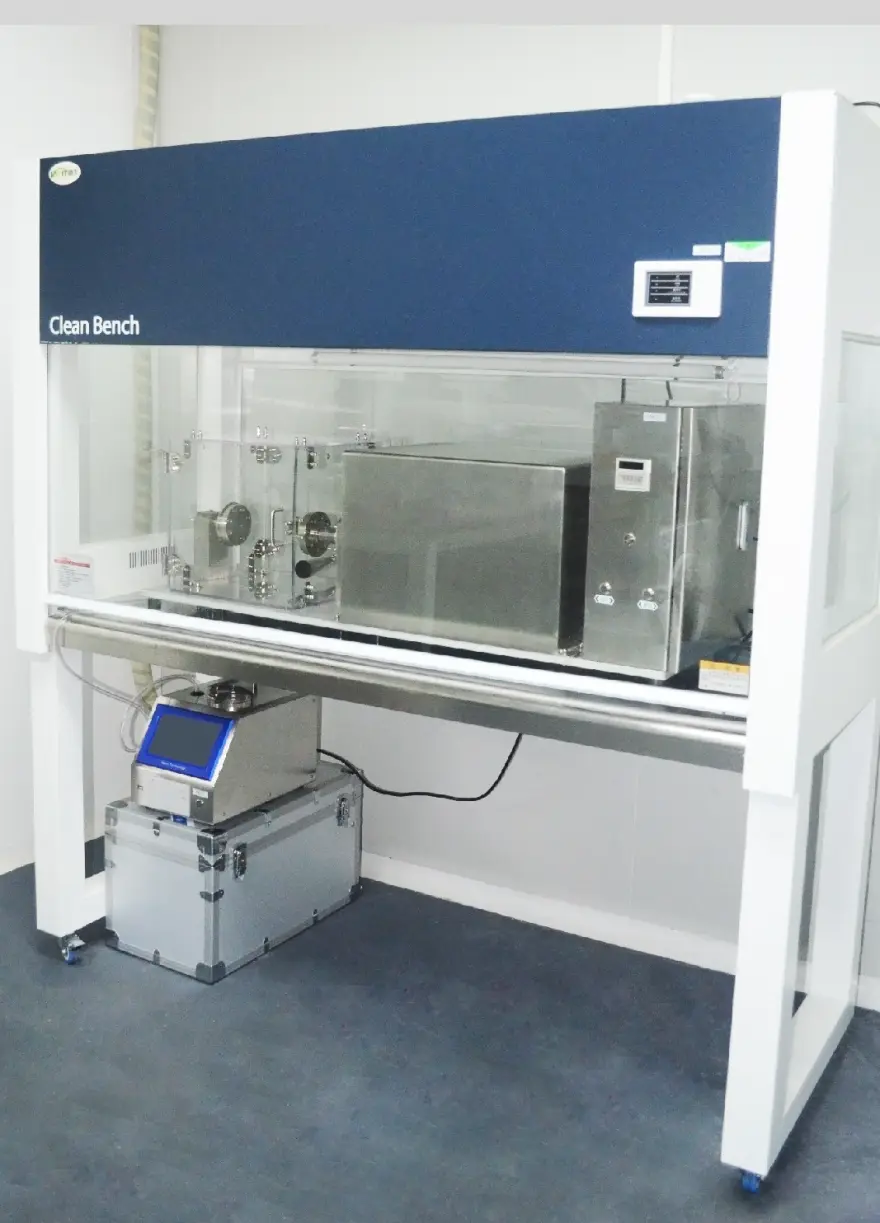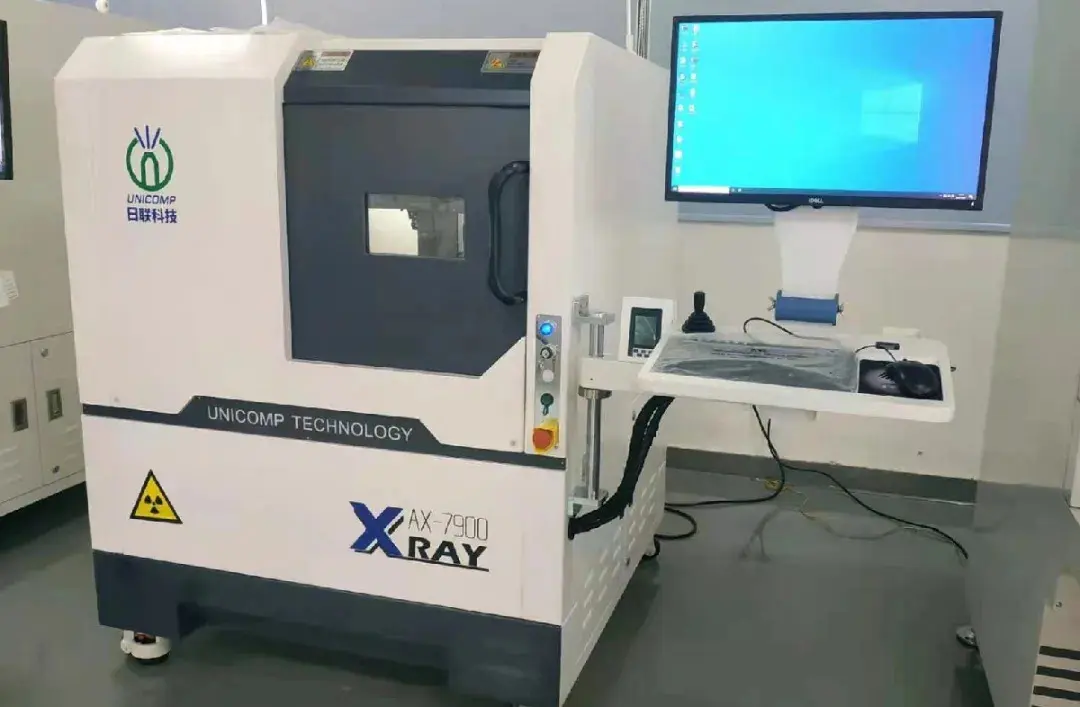
Energy Efficiency Certification for LED Lighting in USA
With the increasing popularity of LED lighting, the United States has established relatively strict energy regulations for LED lighting. Additionally, energy efficiency labels provide essential information for users and consumers, guiding and assisting them in selecting high-efficiency energy-saving products. Therefore, understanding the energy efficiency regulations and certification requirements for lighting products in the United States is essential for export enterprises to effectively mitigate risks and expand their market.
Energy Star (Voluntary)
Energy Star, led by the U.S. Environmental Protection Agency (EPA), aims to reduce energy consumption and greenhouse gas emissions. This program primarily targets energy-saving for consumer electronic products, with a focus on residential LED lighting products, such as downlights. Products that pass the tests can be listed on the Energy Star website, and consumers purchasing Energy Star certified products may receive government subsidies.
Main testing items: luminous flux, luminous efficacy, power factor, start time, CCT, Duv, CRI, R9, lifespan, dimming, flicker, noise requirements, ringing wave tests, etc.
Design Lights Consortium (DLC) (Voluntary)
The Design Lights Consortium (DLC) is a project proposed by the Northeast Energy Efficiency Partnerships (NEEP) to cover LED lighting products not included in Energy Star. The DLC program focuses on commercial and industrial lighting. Products certified by DLC can be listed on the DLC website, and purchasing DLC certified products may qualify for subsidies from local U.S. power authorities.
Main testing items: LM79 test (light distribution and integrating sphere), ISTMT test.
Department of Energy (DOE) Certification (Mandatory)
The U.S. Department of Energy (DOE) issues DOE certification based on U.S. energy efficiency regulations, aiming to save energy, reduce emissions, and help users save electricity, thereby reducing energy consumption and mitigating the greenhouse effect. All products within the scope of DOE certification must comply with the latest regulations. Currently, lighting products covering all general lighting sources with ANSI bases fall under this certification. Manufacturers and label holders must submit qualified test reports and compliance declarations, self-certify FTC energy efficiency labels, and ensure that declared values on packaging, promotional materials, and advertisements are based on test results.
Main testing items: luminous flux, power, luminous efficacy, CCT, CRI, PF, lifespan, and standby power testing methods and requirements.
California CEC Certification - Title 24 and Title 20 (California Mandatory)
The California Energy Commission (CEC) implemented the Appliance Efficiency Regulation on December 30, 2005. The regulation aims to save energy, improve the efficiency of electrical products, and reduce the greenhouse effect and gas emissions. The requirements for lighting products under CEC certification are similar to those under the Energy Star standards. Products certified by CEC can be listed on the CEC website.
Main testing items: luminous efficacy, power factor, start time, CCT, Duv, CRI, R9, lifespan, dimming, flicker, noise requirements, etc.
Email:hello@jjrlab.com
Write your message here and send it to us
 Packaging Validation ISO 11607 Test Report
Packaging Validation ISO 11607 Test Report
 What is the ISO 11607-1 Packaging Validation Test?
What is the ISO 11607-1 Packaging Validation Test?
 How to get an ISO 11737-1 Test Report?
How to get an ISO 11737-1 Test Report?
 Orthopedic Implant Cleanliness Testing
Orthopedic Implant Cleanliness Testing
 What is ISO 10993-23:2021 Irritation Testing?
What is ISO 10993-23:2021 Irritation Testing?
 ISO 10993-23 Irritation Testing Laboratory
ISO 10993-23 Irritation Testing Laboratory
 EMI Emissions Testing
EMI Emissions Testing
 EMC Standards for Medical Devices
EMC Standards for Medical Devices
Leave us a message
24-hour online customer service at any time to respond, so that you worry!




